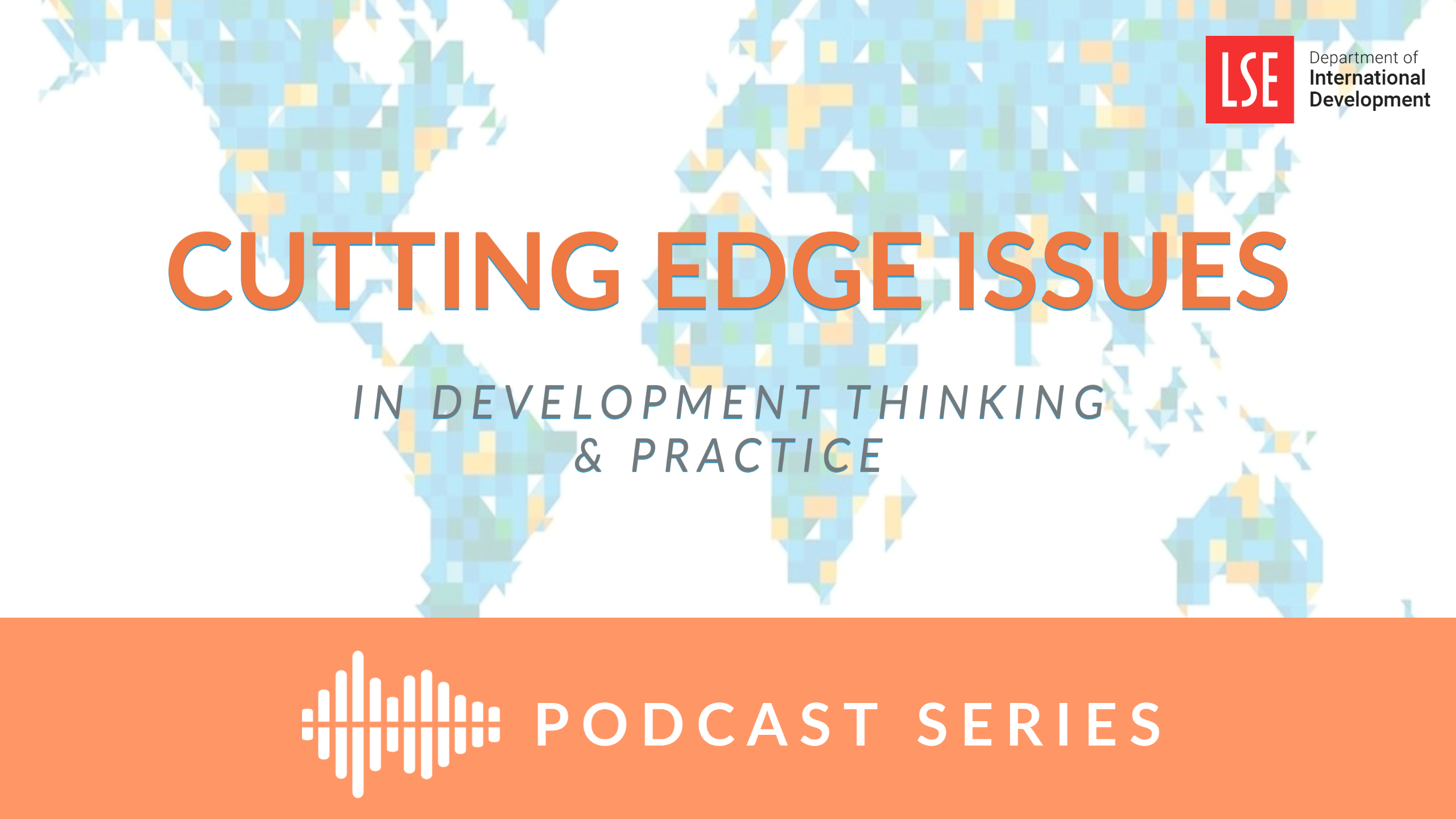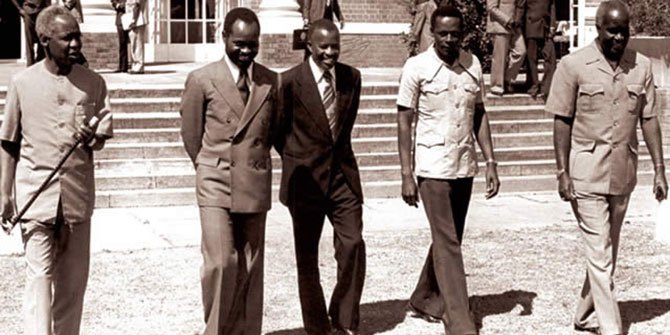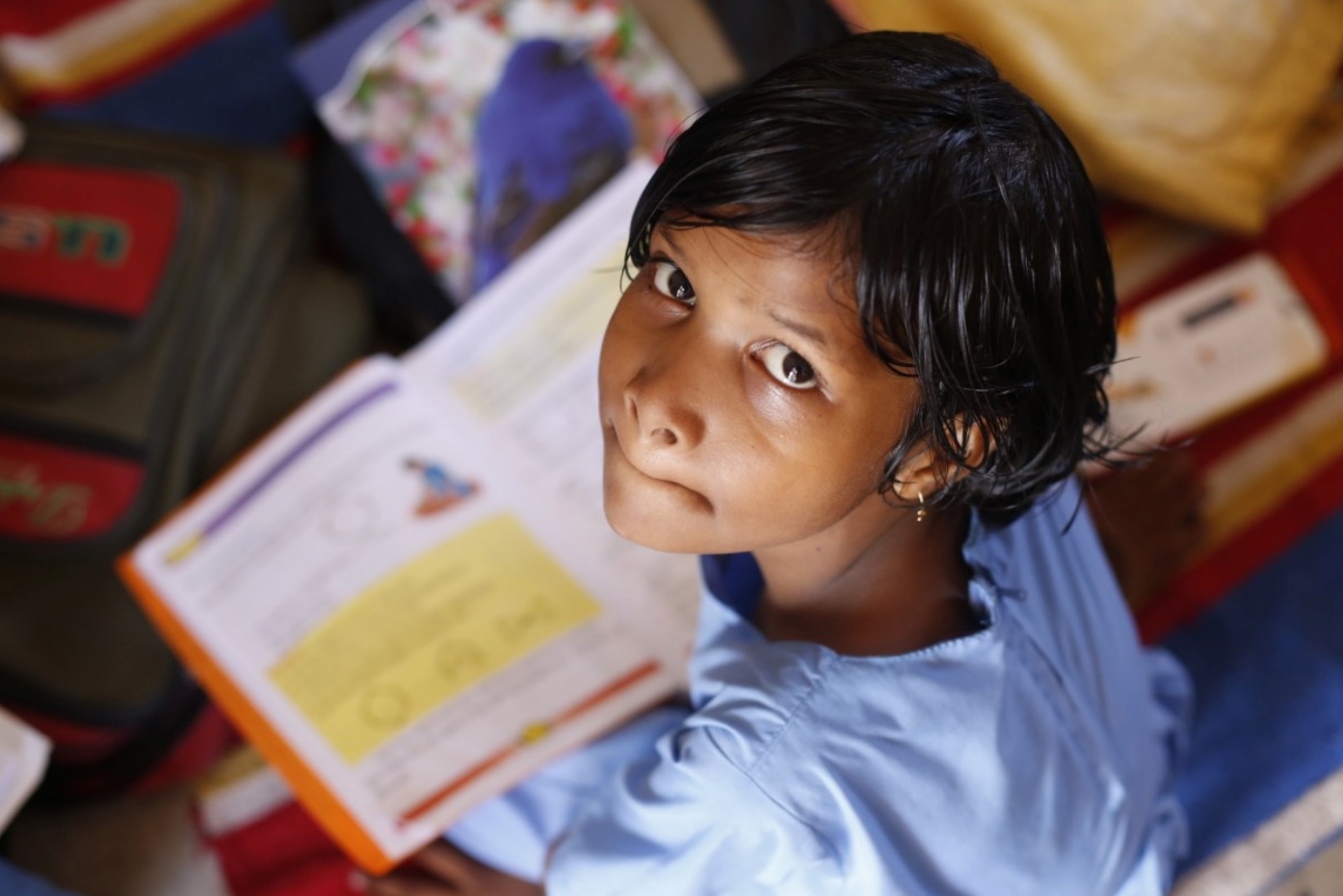In this article, recent graduate from Managing Humanitarianism at the LSE, Monica Adami, examines whether retributive justice can harm the peace process.
This is the third and final in a series of articles by Monica Adami on Retributive and Restorative Justice.
Supporters of peace in the peace v justice dilemma argue that judicial justice should not take place in some contexts. The range of opponents reaches its maximum with critics who, like Chesterman, state that judicial interventions are meant to hypocritically substitute a more meaningful political or military intervention, slowing or impeding the restoration of peace. The broadest critique is that peace should be established before the intervention of justice, as the wrong timing of judicial intervention is commonly seen as a major cause of defeat. Meanwhile, many reflect on whether regional or national courts should operate in place of international ones, and many others about whether national non-judicial forms of justice should be applied in place or before international judicial ones, as especially the latter have proved to be a successful option. Regardless, the reasons for the failure of the international judicial bodies to restore peace call for analysis of the same intervention of international judicial bodies and in particular its retributive focus.
Retributive justice is a theory of justice which holds that the best response to a crime is a Kantian punishment, inflicted against perpetrators without serving a social purpose. International judicial bodies, such as International Courts and ad hoc tribunals, have often used a politics of retributive justice, while often disregarding victims’ needs. This blog entry will discuss how international justice fails to respond to the peace expectations by considering retributive justice. It will argue that the retributive approach and its disregard of victim needs can contribute to the failure of International judicial bodies to a significant extent.
The retributive approach, which pits ‘good’ against ‘evil’, may make the negotiation with the other party difficult and, thus, the end of the conflict almost unreachable. The retributive approach appears feasible when there has been a complete state collapse; on the contrary, it does not appear feasible when authoritarian leaders still have political power. It is, in fact, unlikely that perpetrators, who know they will face criminal justice, will stop the hostilities. Therefore, moving too fast to bring perpetrators to justice may endanger the peace process because it encourages spoilers to make a last stand, as it did in Sudan. The arrest warrant issued by the ICC against Omar al-Bashir brought about negative consequences against peace, security, and humanitarian access. Peacebuilding is in fact put at risk whether the retributive approach prioritizes the immediate needs of the individual ‘justice’ over the needs of the ‘transition’.
In effect, the transition seems to require the sitting of persecutors at the negotiation table and their being part of the society’s reconstruction process. The involvement of persecutors is mainly demanded to have truth, representation of a side of the conflict, and security. It thus clearly appears that the negative peace strongly involves perpetrators, but it should not be forgotten that the positive peace may also requires perpetrators. Furthermore, it is in fact not certain that new leaders will be better than previous ones, as the demise of Joseph Kony proves. Overall, a retributive marginalization of perpetrators is a clear threat to international peace and security because of what it causes and because of what it impedes.
This does not exclude that a well-evaluated marginalization of perpetrators may instead pragmatically help peace. In the short term, if perpetrators are stigmatized, they may be left without allies and resources to commit crimes to the advantage of security. This marginalization might also make an important contribution to peace negotiations, which certain actors may be put in danger if they take part in the peace process and others, especially rebels, will neglect if not targeted by judicial bodies. However, this cathartic effect is usually limited. It tends to be able to keep an already present peace, but not to deter future crimes, contrary to what the retributive advocates argue. International judicial bodies have repeatedly been unsuccessful on the deterrence’s front. Even the cases of increased level of security, while international judicial bodies were operating, appear to primarily depend on state cooperation to enforce warrants rather than on the judicial intervention. For instance, it seems that Extraordinary Chambers in the Courts of Cambodia reduced violence because it was supported by the US pressure and, then, the UN pressure, rather than because of its retributive function.
This deterrence’s failure seems to be caused by the retributive mistaken suppositions that perpetrators are purely rational actors and they are the only responsible parties. The first supposition is misleading because, as perpetrators do not do a pure benefit-cost evaluation, emotions, such as shame and the fear to lose their leading position, should be included in the equation, at least at the individual level on which international criminal law claims to focus on. Moreover, this same individualization of crimes can have a negative effect on deterrence because it overlooks the social nature of crimes, in this way allowing some actors to continue to be involved in atrocities. Hence, the retributive punishment of perpetrators seems to have a palliative power of deterrence.
To sum up, the retributive approach is not a neutral approach, it can have a negative effect on peace. However, the failure to restore peace does not seem to be caused by the retributive approach per se, but by the incorrect use that international judicial bodies may make of it. It also seems that there is a perceived failure because international justice does not accept its limits, as well as that victims and the international community do not acknowledge justice’s limitations. Lastly, can it be said that international judicial bodies fail to restore peace? “Fallere” means “mislead or be unsuccessful in accomplishing your purpose”, do judicial bodies mislead victims and international expectations? Is peace the judicial bodies’ purpose?
Monica Adami is a recent graduate who has completed an intercollegiate module in Managing Humanitarianism at LSE, whilst also doing her masters in International Peace and Security at King’s College London. She is currently interning at UNESCO and has just ended a traineeship with the European Commission Representation in Italy. Her fields of interest are war studies, human rights and humanitarian affairs.
The views expressed in this post are those of the author and in no way reflect those of the International Development LSE blog or the London School of Economics and Political Science.





